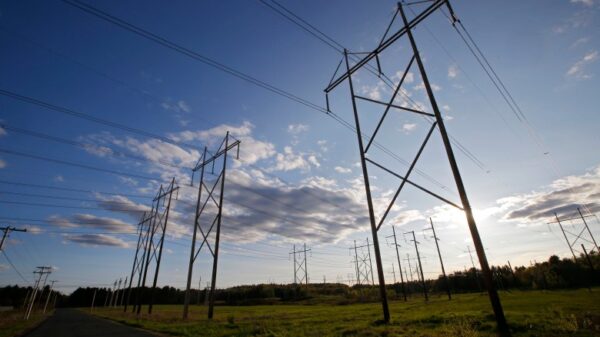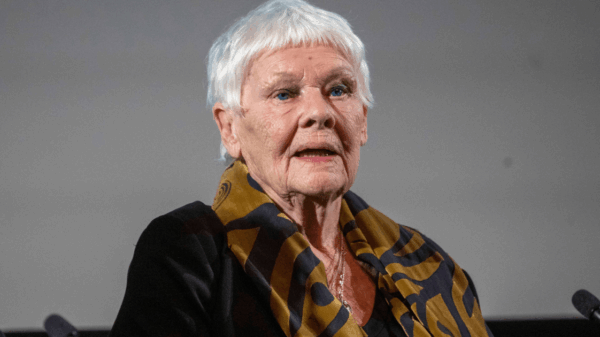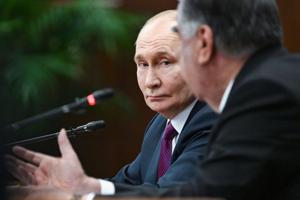Russian President Vladimir Putin acknowledged on Thursday that the country’s air defenses were responsible for the downing of an Azerbaijan Airlines jetliner in December 2024, an incident that claimed the lives of 38 individuals. This marks Putin’s first public admission of responsibility for the crash, which has heightened tensions between Russia and Azerbaijan.
The tragic event occurred on December 25, 2024, as the Azerbaijani plane was approaching Grozny, the capital of the Russian republic of Chechnya. According to Putin, missiles fired by Russian air defenses aimed at a Ukrainian drone detonated near the commercial aircraft, leading to the fatal incident. He stated that Ukrainian drones have increasingly targeted deep inside Russian territory, complicating the security situation.
Details Surrounding the Incident
In his remarks, Putin emphasized that the incident highlighted the risks associated with the ongoing conflict involving Ukraine. The Russian leader’s comments come as part of broader efforts to de-escalate tensions between Russia and Azerbaijan, which have been strained due to various geopolitical issues.
Following the crash, Azerbaijan’s government had expressed outrage and demanded accountability. The acknowledgment from Putin is seen as a significant step towards addressing diplomatic relations with Azerbaijan, a country that has been historically sensitive to incursions into its airspace.
The downing of the jetliner not only raised concerns about air travel safety in the region but also intensified discussions about the efficacy of Russian air defense systems. Observers have pointed out that the incident reflects the challenges posed by ongoing military operations and the unintended consequences that can arise.
International Reactions
International reactions to Putin’s admission have varied. Some analysts view it as a potential opportunity for reconciliation between Russia and Azerbaijan, while others remain skeptical about the long-term implications. The crash and its aftermath have spotlighted the delicate balance of power in the South Caucasus region, an area often characterized by complex alliances and historical grievances.
As the investigation into the crash continues, the focus will likely remain on how this incident influences regional dynamics and the broader geopolitical landscape. The tragic loss of life serves as a stark reminder of the human cost of conflict and the importance of diplomatic efforts in resolving tensions.






































































